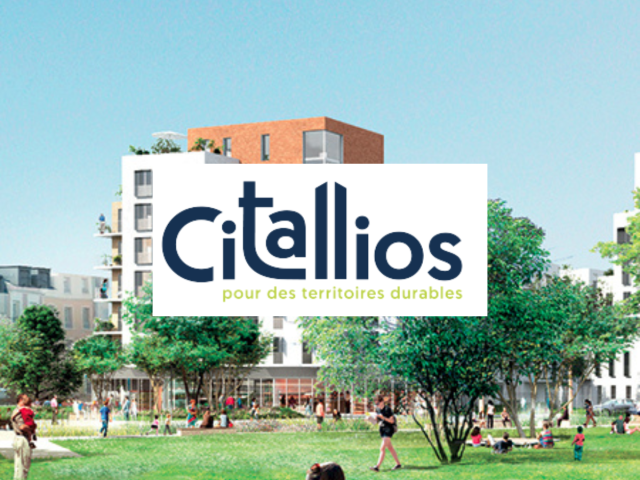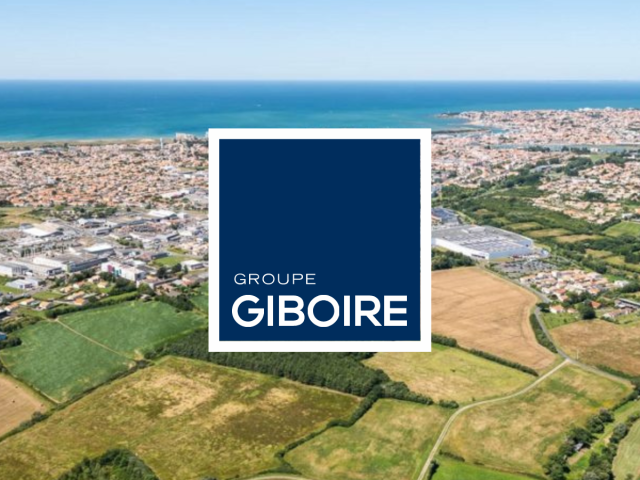
Your challenges
The UK's built environment is responsible for 25% of the country's greenhouse gas emissions (UK Parliament report, 2022). Renovating and redeveloping the building stock is a major challenge for the climate transition.
And because half of the world's built environment does not yet exist, new construction projects also need to be carefully examined, from the choice of materials to supply chains and anticipation of climate risks.
The regulatory challenges in the UK are among the most ambitious in the world, putting the country at the forefront of sustainable construction. However, players in the development and property sectors are facing a major crisis, making it difficult to combine climate and economic ambitions.
So how does one deliver a new development while ensuring that embodied and operational emissions are kept to a minimum? What are the levers that can be used to ensure that projects are both profitable and ambitious when it comes to reducing their impact? How can a developer ensure the future resilience of a new district or a renovation project? What are the low-carbon technologies for buildings? And what about heating and cooling production systems?
With its expertise in low-carbon master planning, Urbanomy has been working with development players for several years to establish the best possible planning for your projects.
Our services
Urbanomy offers a range of services in the planning and pre-design phases to help property developers deal with their energy and climate issues.

Whether your project relates to a joint development zone, an ecodistrict or the redevelopment of wasteland, we help right from planning stage.
-

Quantifying future energy consumption of buildings, transport and businesses
-

Assess innovative local energy systems for your project (heating and cooling networks, cold district heating, smart grid, etc)
-

Pre-sizing of low-carbon technologies (heat pumps, geothermal energy, biomass, etc.)
-

Quantifying and locating renewable energy potential (photovoltaics, wind power, biomass, etc.)
-

Life Cycle Analysis or assessment (LCA) at neighbourhood level, going beyond carbon emissions and preparing for regulations and certifications, such as Non-Domestic Minimum Energy Efficiency Standards

-

Quantifying local risks (flooding, heat waves, storms, etc.)
-

Recommendations for climate risks
-

Assess impact on biodiversity and regenerate: nature-based solutions, ecosystemic services
-

Plan the appeal of your project and its integration into the local environment: micro-mobility, accessibility, etc.
-

Quantifying flexibility potential of different technologies (batteries, heat storage, V2G / vehicle-to-grid) and the associated economic value
Our methodologies and certifications
Urbanomy is a founding member of the Carbon Accounting Alliance, a group of companies that measures & reports carbon emissions daily. The CAA’s purpose is to have its members share among themselves obstacles affecting carbon accounting, provide a voice to changing public policy and support the global pathway to net zero.
-
Carbon Footprint
Our consultants have Bilan Carbone® certification, based on the methodology of the ADEME, the French Agency for Ecological Transition. They are also proficient in GHG Protocol and ISO 14064 standards.
To support your industry, we use dedicated tools such as Efficacity's UrbanPrint, ArcGIS for spatial visualisation and mapping, as well as specific tools developed with EDF's R&D for building renovation and the simulation of local energy systems. Urbanomy thus uses agent-based simulation tools to accurately model multi-energy flows within a district.
Our references in your field
Urbanomy has worked with many players in the development and property sectors to help with the planning of low-carbon neighbourhoods, and has also carried out life cycle analyses at neighbourhood level.
Our clients include developers such as Urban&Civic in the UK as well as Giboire and Citallios in France. We also work with public developers and local authorities such as Oxfordshire County Council in the UK, the Métropole Nice Côte d'Azur and the city and urban area of Mulhouse in France.
Find out more about these projects by browsing through our developer references.







